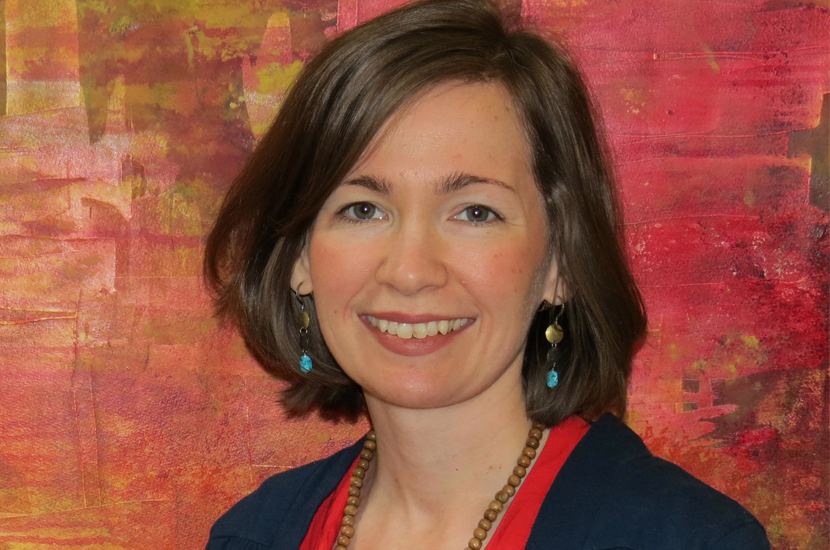
I can remember hearing stories of me getting bubble gum stuck in my hair when I was little because I would fall asleep and somehow the gum would get matted in my hair. It was a mess - my mom and aunts would work for hours trying everything to get it out - using peanut butter, ice and eventually scissors if it was really bad. This scenario reminds me of boundaries and the effort it takes to change a sticky circumstance. Trying to get bubble gum out of hair is like changing a boundary you are stuck in and can’t seem to find the solution to fix. (Because the solution might be that you have to choose to change.)
Boundaries are being stretched in all of us through this PAUSE - societal boundaries of our health, physical boundaries with our work, emotional boundaries with our relationships and let's not forget ourselves - being stretched in how we think, feel and generally live. This provokes CHANGE, which makes the boundaries sticky. Most of the time we don’t have to pay attention to these boundaries because they are established in our lives with routines, rules, expectations - normalcy. But when something is disruptive enough it makes us want to hold on for dear life to the boundaries we have or lose the boundaries to chaotic abandon. And we ALL fluctuate between different levels of adapting, feeling stuck or out of control at some point in time - it’s called being human. And usually, we live with people that change in opposite ways than us, which leads to power struggles if there is not awareness in ourselves or in the relationship.
One thing I know personally is if I get stuck in a boundary that is continuously overwhelming or repetitively suppressing it will become my normal and my mind, body, and experience of joy are dampened and depleted. I don’t want to live being stuck - or have gum matted in my hair. And in the spirit of change, here is how I move through difficult, stuck feelings when I am struggling with a boundary.
Here are three questions I ask myself when boundaries are changing:
- What is the COST? What are the behaviors I no longer plan to do?
- What is the LOSS? Since I no longer plan to engage this way what am I grieving?
- What is POSSIBLE? What are the benefits I can gain through this change?
Here are three ways I try to talk to myself and my relationships in the midst of change:
- LISTEN by mirroring - repeat back exactly what the person is saying and ask if there is more.
- VALIDATE the other person’s feelings - share with them that I see how you might think or feel that way because.
- EMPATHIZE with their experience - expand on what I think you might be feeling,
And when the gum is almost out of my hair and I have survived another boundary transition I hope to be more aware of what I want for my life and carry out behaviors (only chewing gum while awake) that offer joy and integrity within myself and with others - no longer living stuck.
Abbey Parker, LMHC is a Therapist and the Executive Director of Stillpoint.
Abbey Parker, LMHC
Therapist and Executive Director
I am a Staff Therapist and Executive Director of Stillpoint. I love practicing as a psychotherapist helping women, men, relationships and families.
I am committed to the therapeutic process to help individuals and relationships engage, resolve and reinvent life’s challenges. You can expect that I will engage with you and your family in a process that offers opportunity and healing.

